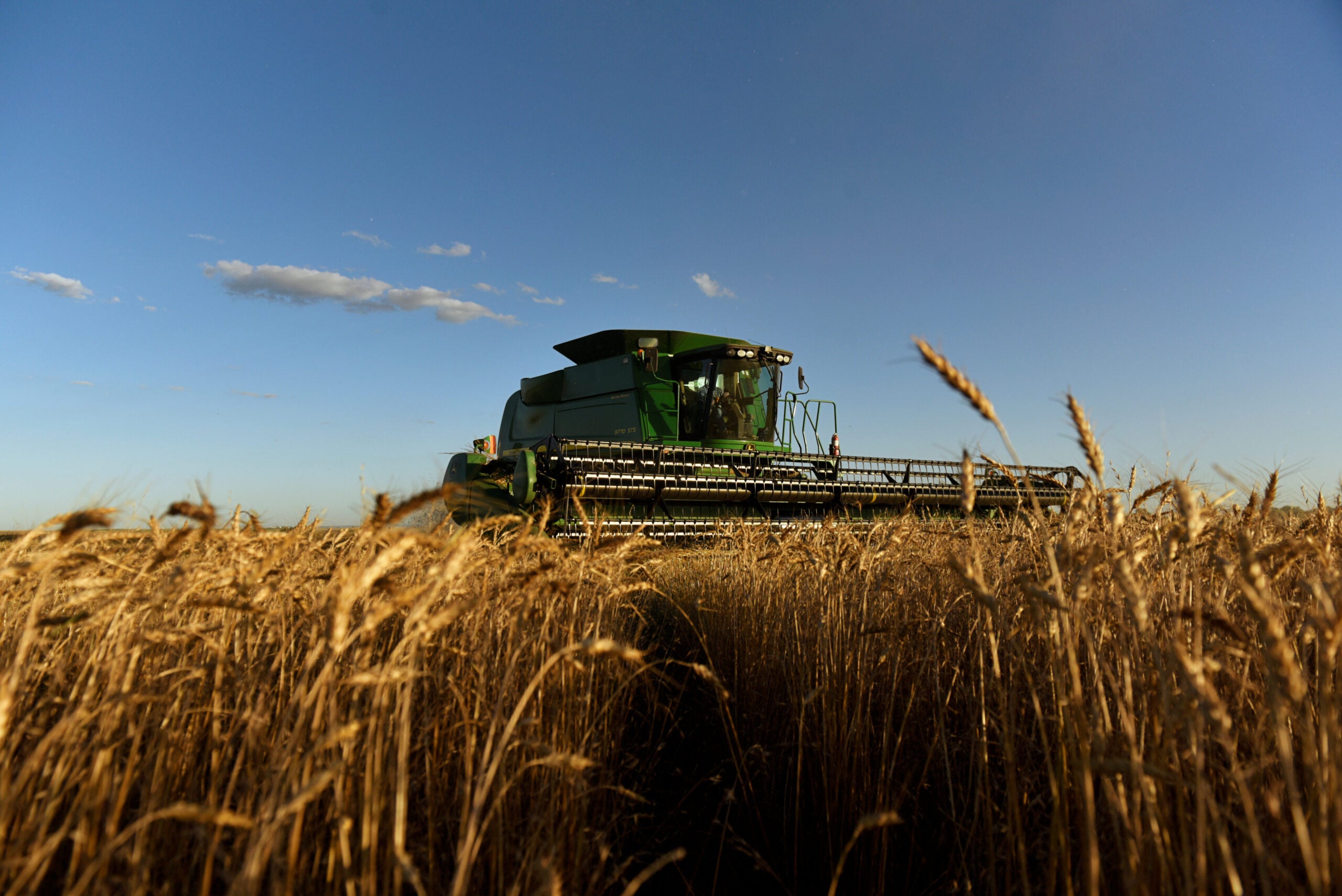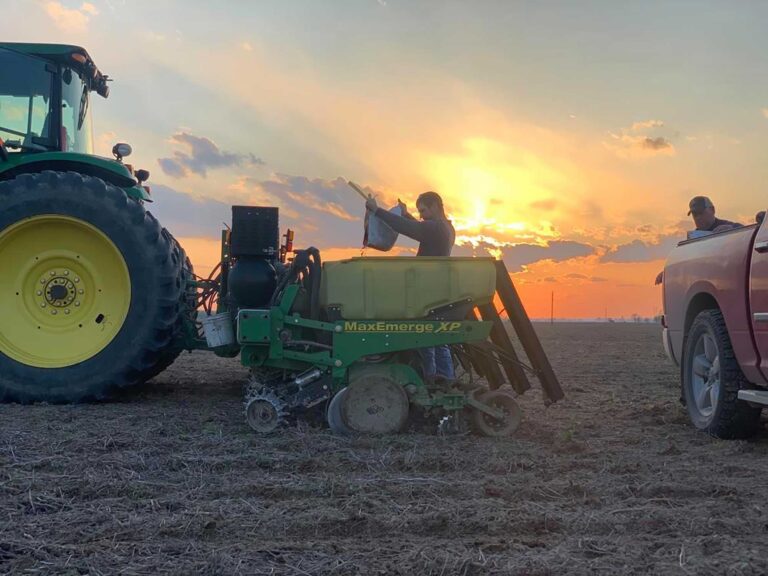“Thank you, President Trump.” That sentiment has been repeated often by farmers during conversations and across social media in the days since the One Big Beautiful Bill Act passed through Congress and was signed into law. Farmers have specifically celebrated how the bill overhauls the “death tax” — the taxes imposed by the federal and some state governments on someone’s estate upon death.
The Republican-led budget bill, formally known as H.R. 1, makes a change to U.S. Code § 2010 that increases the excluded taxable amount for a business owner’s estate to $15 million, which is triple what it had been at $5 million.
This is particularly important for commodity and other traditionally large-scale agricultural producers. Unlike liquid assets such as stocks or bank accounts, a farm’s value is often tied up in land, equipment, and other hard assets. It’s not uncommon for a modest, family-run farm to be worth millions of dollars on paper, even if the family running it isn’t living a life of luxury. When those hard assets are included in an estate calculation, especially as the value of an acre increases, it doesn’t take long for farmland to hit the exemption threshold.
“For farm families, estate taxes aren’t just an abstract policy debate — they’re a very real threat to generational farms and the livelihoods they support,” said Amanda Zaluckyj, an AGDAILY columnist, lawyer, and part of a family farm in Michigan. “Land-rich but cash-poor families may be forced to sell land, equipment, or even the farm itself just to pay the estate tax bill. That’s not just a financial inconvenience — it’s a devastating blow to families who have spent generations building their operations with the intention of passing them on to their children and grandchildren.”

The American Farm Bureau Federal adds that the “death tax” turns a time of mourning into a race against time to pay a government bill. Nine months after the death of a primary farm owner, some families can owe the Internal Revenue Service up to 40 percent of their farm’s value above the exemption limit. This makes Trump’s substantial increase in the exception limit extremely valuable and relevant to American growers and ranchers.
Couple that with other initiatives put forth in the One Big Beautiful Bill Act — things like improvements to the farm safety net that allow for inflation adjustments and price escalations, expanded agriculture trading programs, and expanded access to crop insurance options — it’s easy to see why farmers have gravitated toward the bill despite popular widespread criticism about its cuts to Medicaid and Medicare and its increases to the federal deficit.
“The One Big Beautiful Bill delivers a permanent solution to the estate tax burden that has long threatened family ranching, often forcing heirs to sell off land to cover the cost. Through critical investments, this legislation helps the U.S. prepare for foreign animal diseases.” said Texas & Southwestern Cattle Raisers Association President Carl Ray Polk Jr. “We’re grateful to lawmakers who understand the importance of safeguarding both the legacy and health of the cattle industry.”
Agriculture Secretary Brooke Rollins has also indicated her support for various farmer-facing aspects of the bill, including increasing U.S. leverage of biofuel feedstocks on the global stage.
“The One Big Beautiful Bill marks the start of a new golden age for America and American agriculture,” she said.




:max_bytes(150000):strip_icc()/A3EAAC07-0046-410E-910C-032D434652B8_1_201_a-2048x1536-fc42275fb96b4b678ed8958490767723.jpeg)
:max_bytes(150000):strip_icc()/Harvest-2048x1365-6db5b6804ed844508b0ec6140c28a856.jpg)
:max_bytes(150000):strip_icc()/EM8A3012-2048x1365-b12deb244f4346d79093f2d36314416c.jpg)



:max_bytes(150000):strip_icc()/reynolds-india-trade-2024-_-cami-koons-2048x1152-041b3fbeac6d4b1eb2a3c73b37253d9f.jpg)
:max_bytes(150000):strip_icc()/52491354228_18f18de127_o-bffadd2f8e6d445abbf102f1ce2bd3e6.jpg)
:max_bytes(150000):strip_icc()/46032697961_5a500b9cdd_6k-27480aa115124199807005b6d303fd41.jpg)